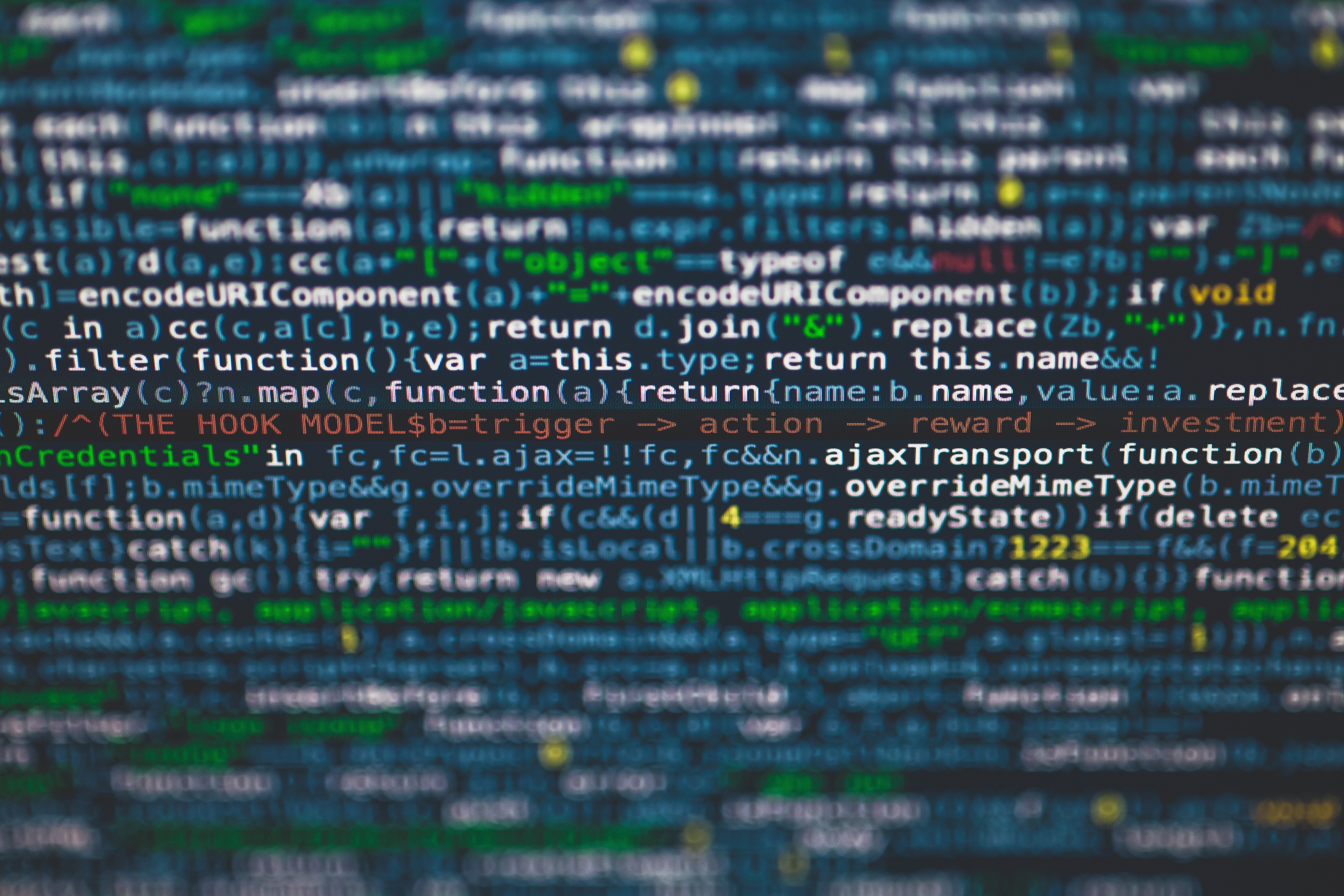iCSS held its Kent Cyber Security Festival (KCSF) 2022 at this year’s University of Kent Youth Summit. The Festival was an opportunity for school pupils in years 9, 10 and 11 to learn how they can stay safe online, as well as what cyber security might mean in a personal context and as a potential future career.
One session, led by PhD student and iCSS Research Assistant Krysia Waldock, was based on mis- and disinformation and the impact of fake news. Disinformation is false information that deliberately causes damage or harm, and misinformation is false information that does not intend to cause harm. In the session, pupils took part in a ‘telephone game’ to show how fast information can change and be distorted. They were surprised at how fast the message changed at various points down the telephone line! We also compared photographs against deep fake images, including two pictures of cats that were both deep fake images in spite of how lifelike they looked. Pupils really enjoyed the sessions and were able to take some of the critical thinking about different sources away with them.
Krysia said: ‘Informing pupils about mis- and disinformation is vitally important given how much information we take from internet sources during our personal and professional lives. This is important knowledge irrelevant of the career path they take.’
PhD students Sarah Turner, Nandita Pattnaik and Matthew Boakes ran the second session focusing on how to keep personal data safe online. This is a tricky topic to talk to teenagers about: they are often heavy users of social media and already know a lot about the types of data they might be providing to these services. The facilitators used this knowledge to introduce different ways that, and the different points at which, data could be compromised when provided to different types of online services. In order to try and get the participants to start to think about the different reasons people or groups may want to act in certain ways relating to personal data, they were asked to consider the pros and cons of using an encrypted messaging app: What are the benefits that a political activist might see in using such an app? Might the police view the same app as beneficial in the same way? And just how much of your information is protected through the encryption when you use such systems anyway?
Sarah said: ‘The provision of – sometimes quite extensive – amounts of personal data in exchange for access to online services is ubiquitous. Teenagers today have grown up with the understanding that such an exchange is fair and, usually, safe and secure. It is important, then, to make sure that as today’s teenagers become tomorrow’s adults, they understand the positives and the negatives about how these services work, as they are the ones that will have to manage the use of and norms around digital technologies in the future.’
Visit YouTube to watch the festival highlights.

